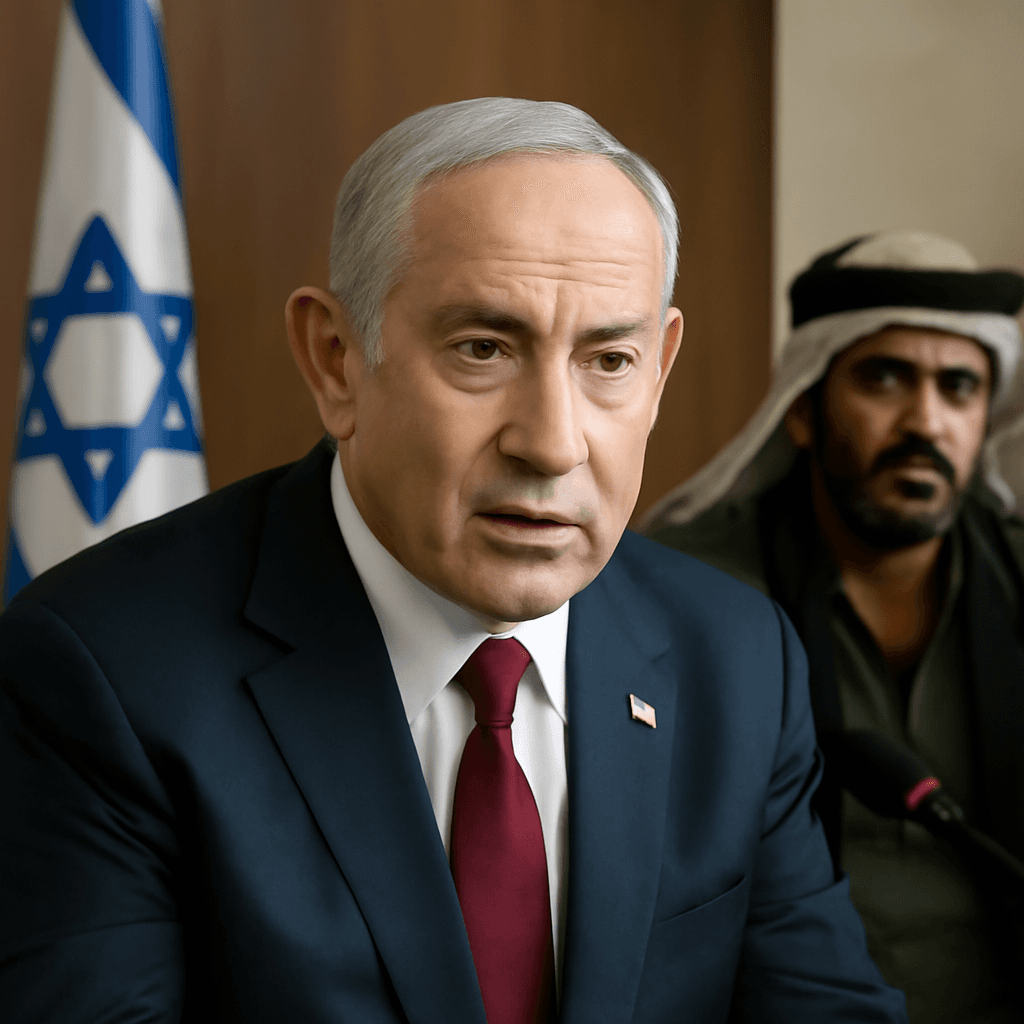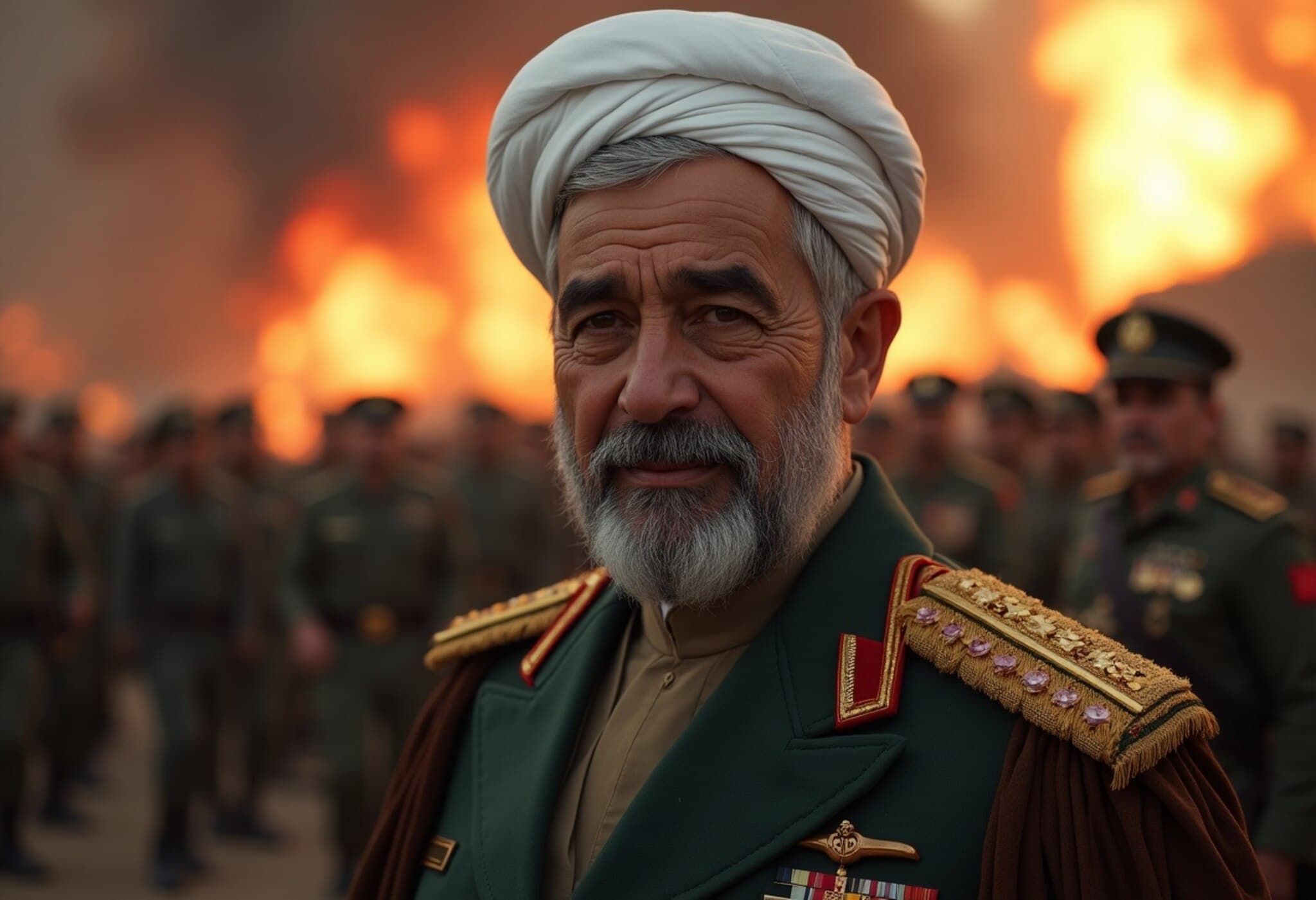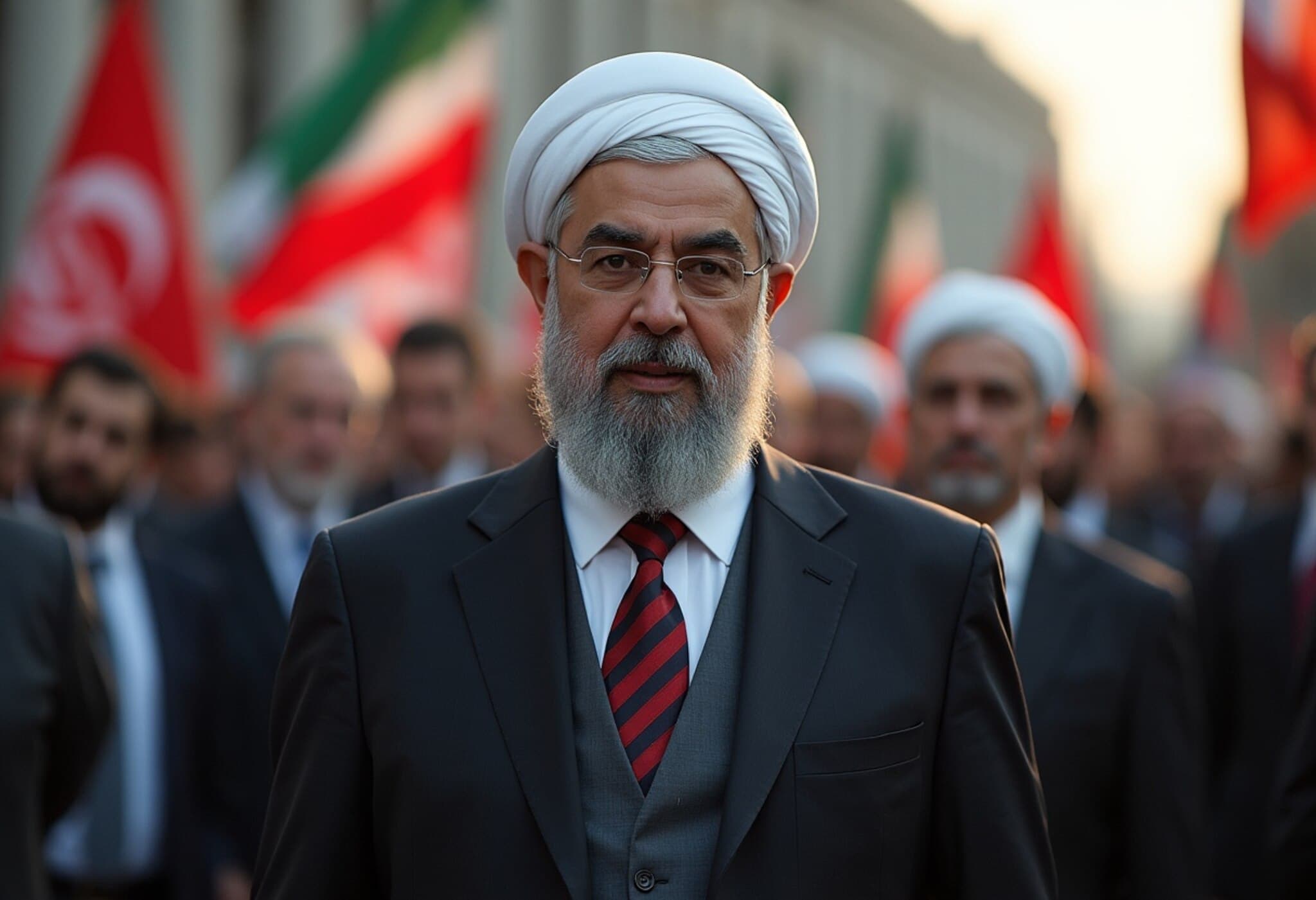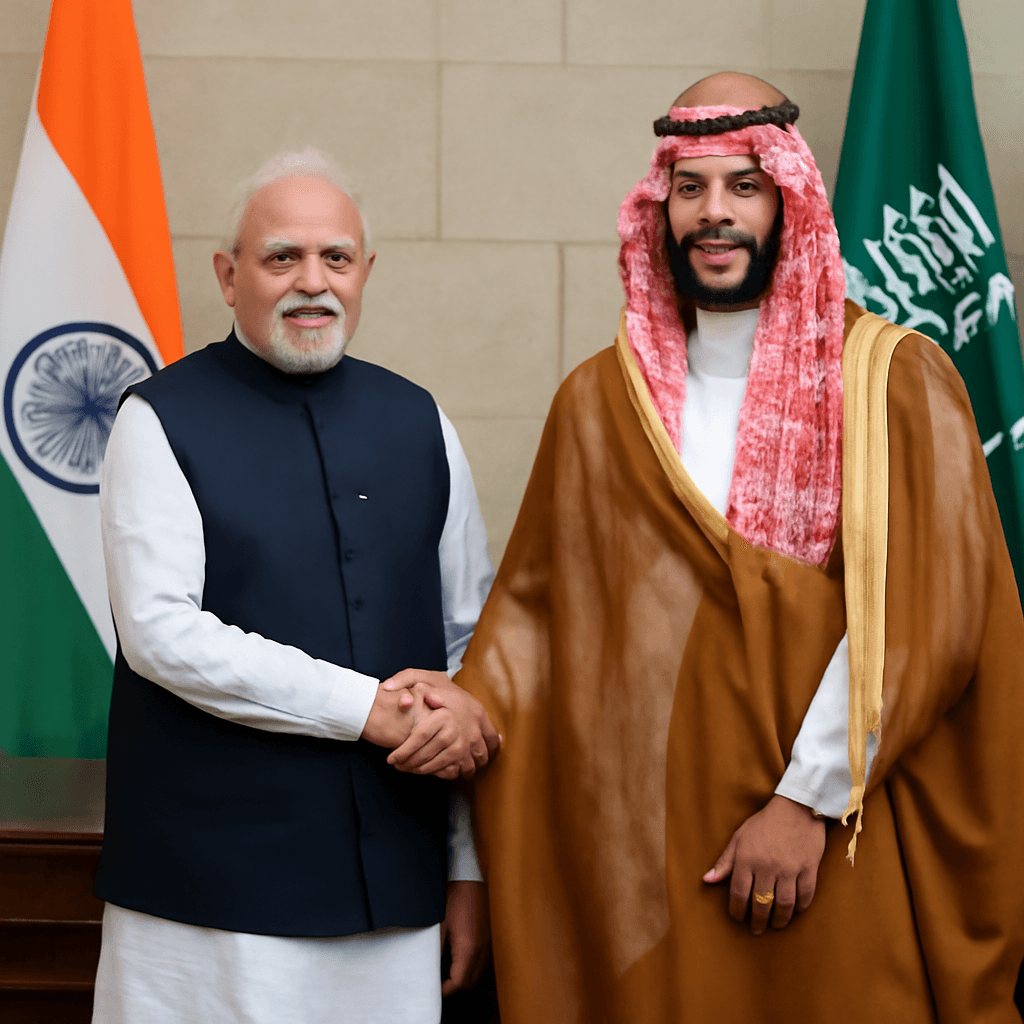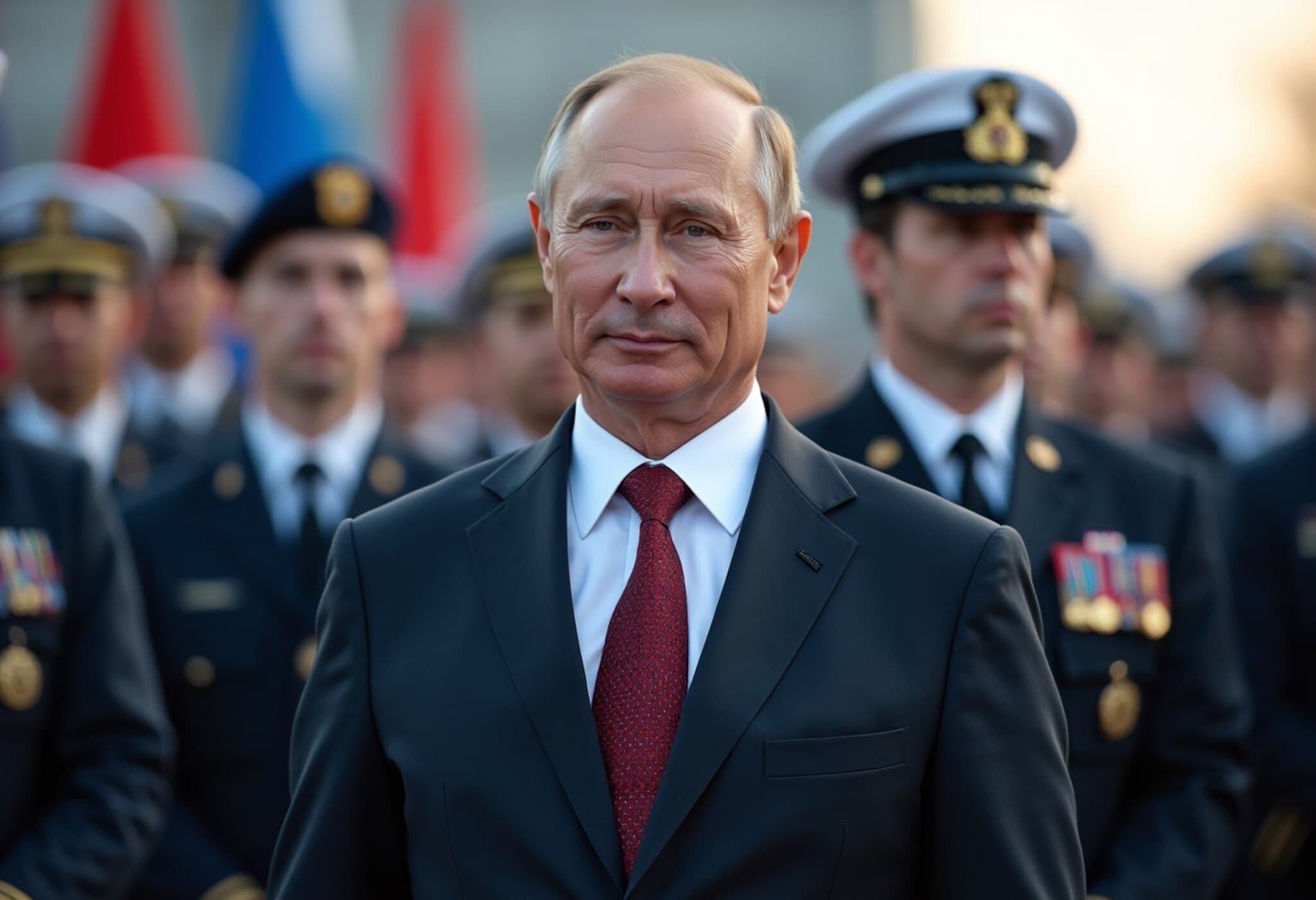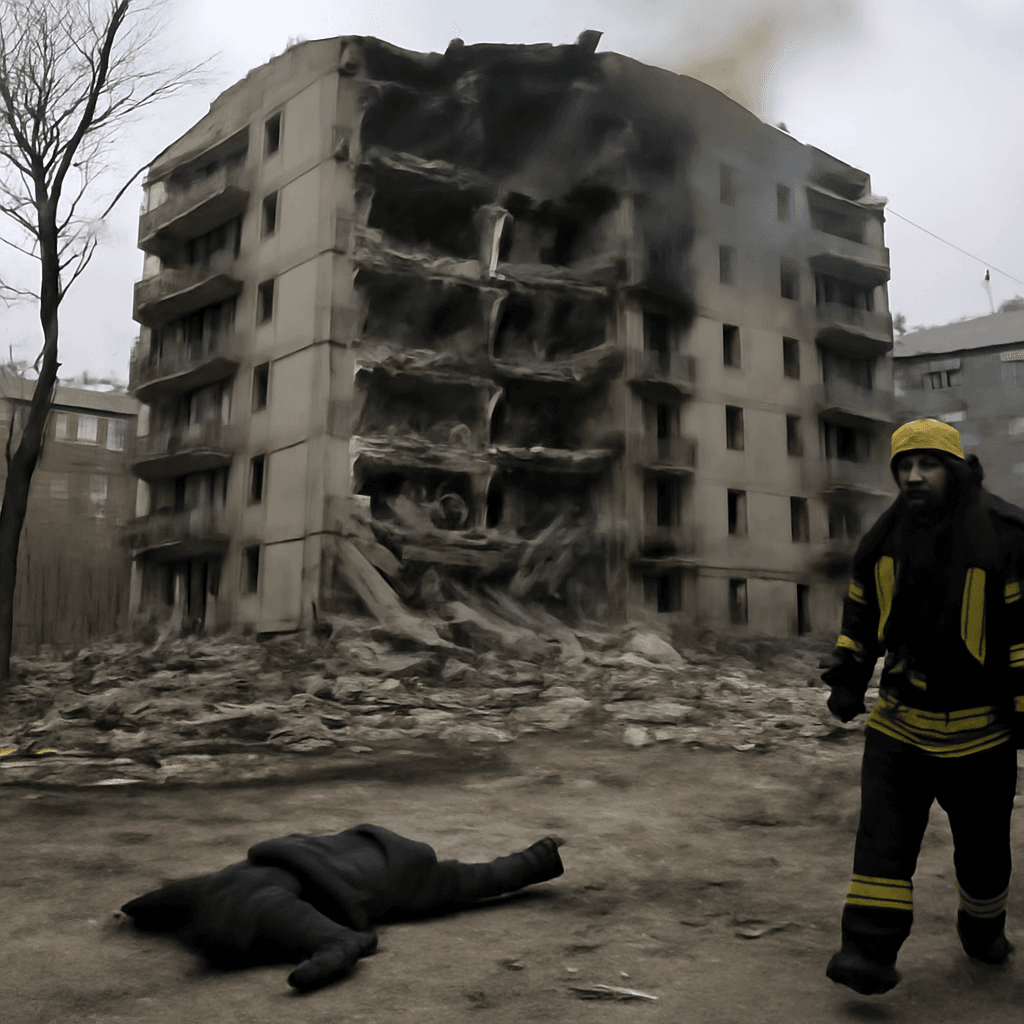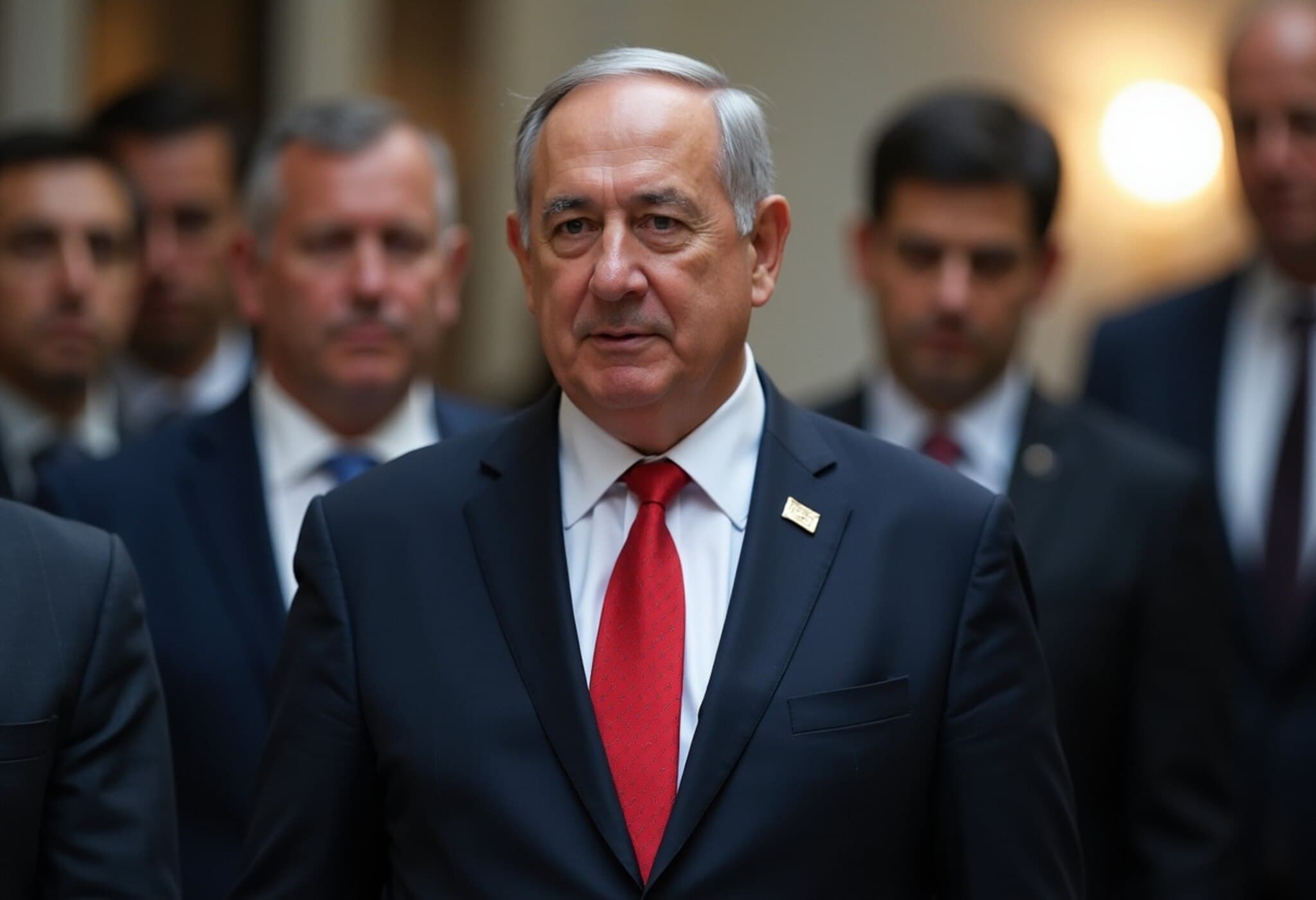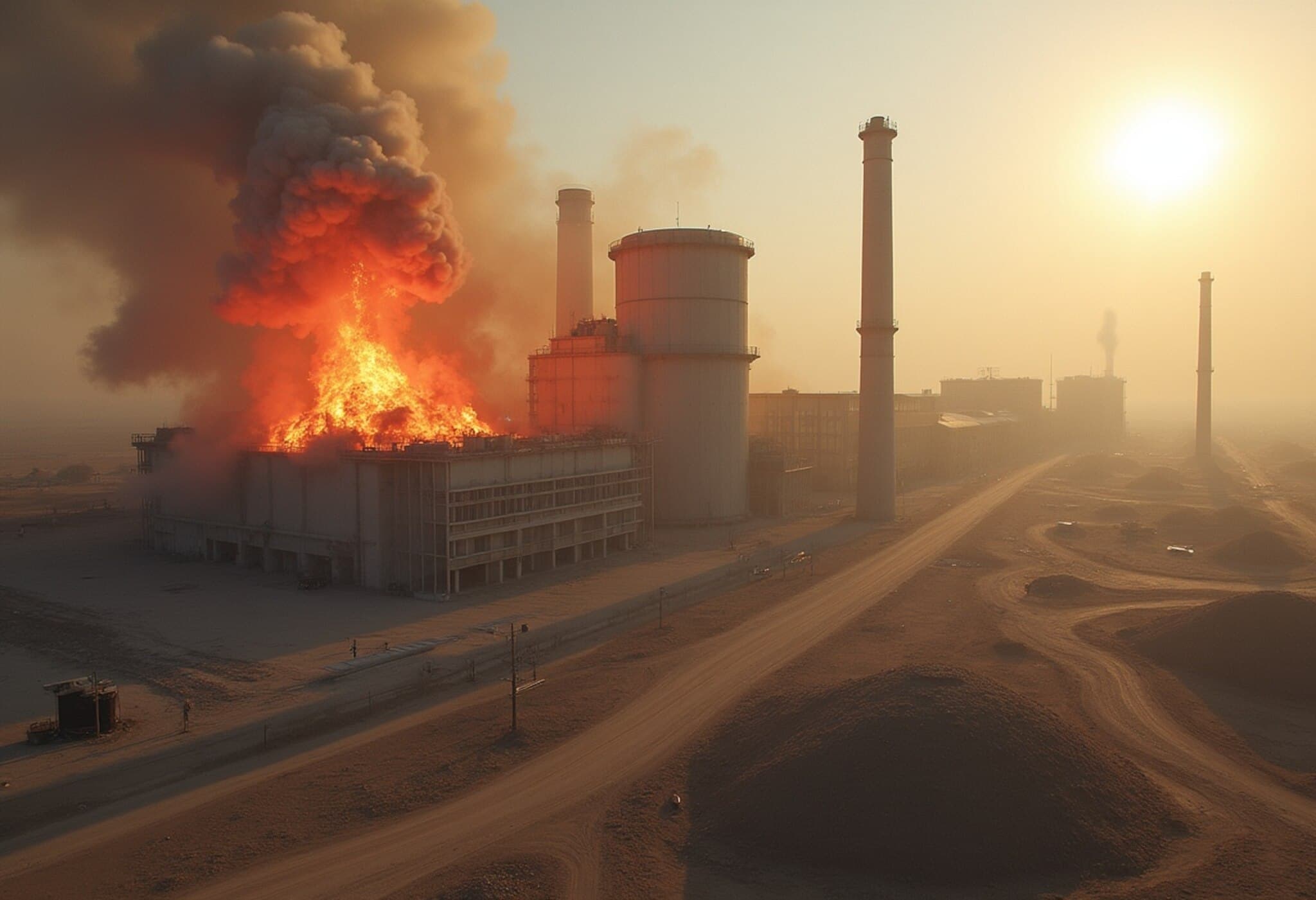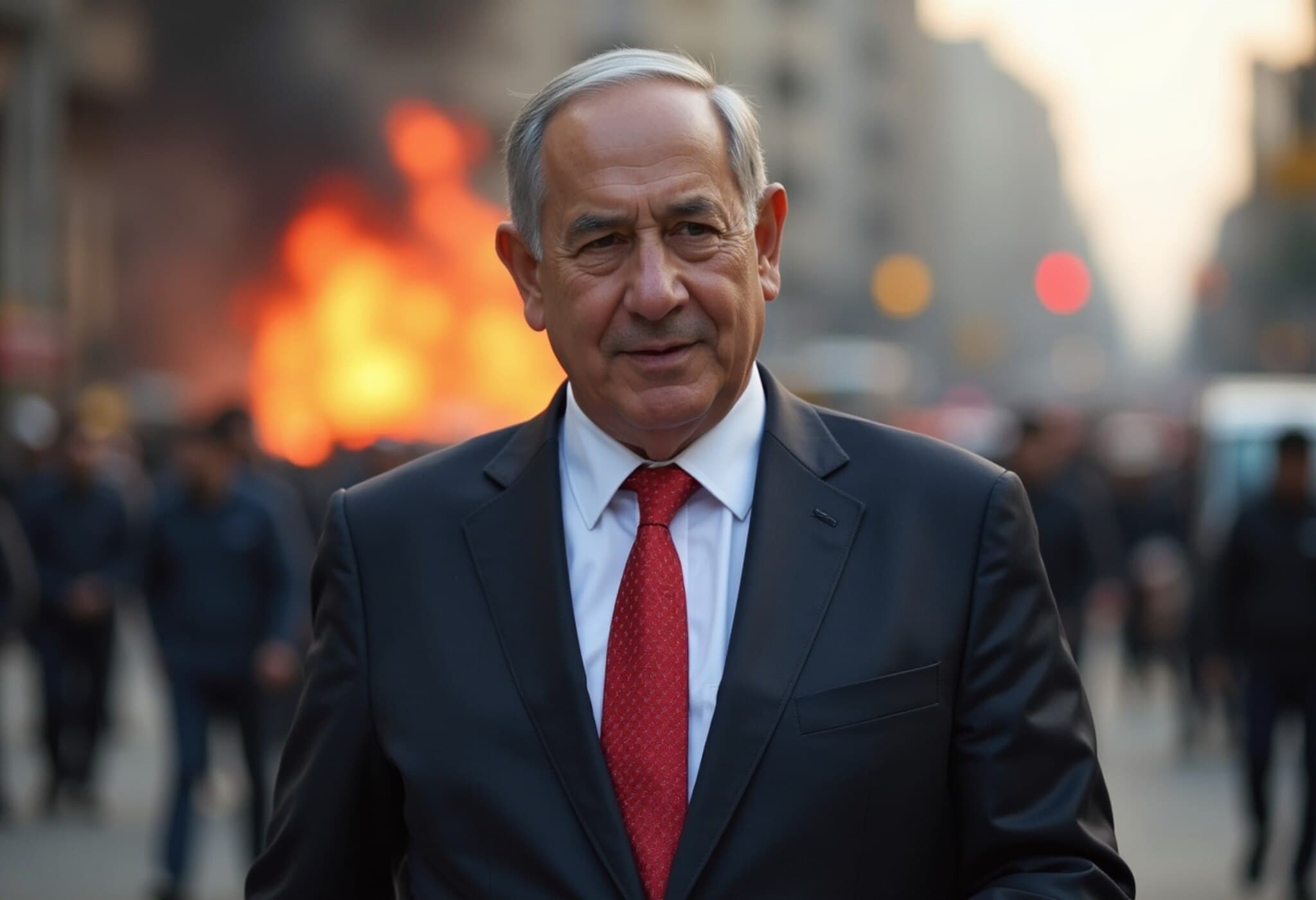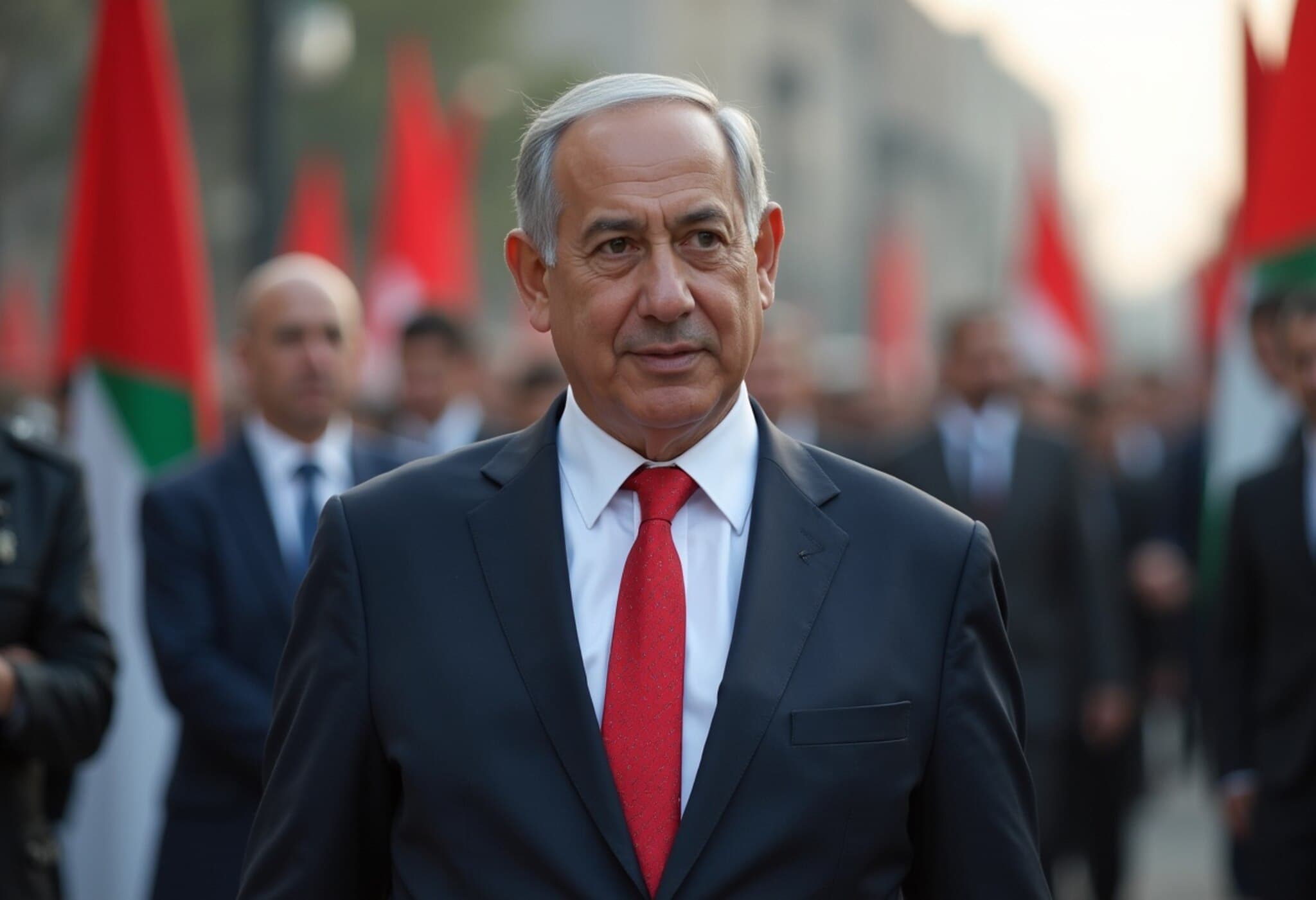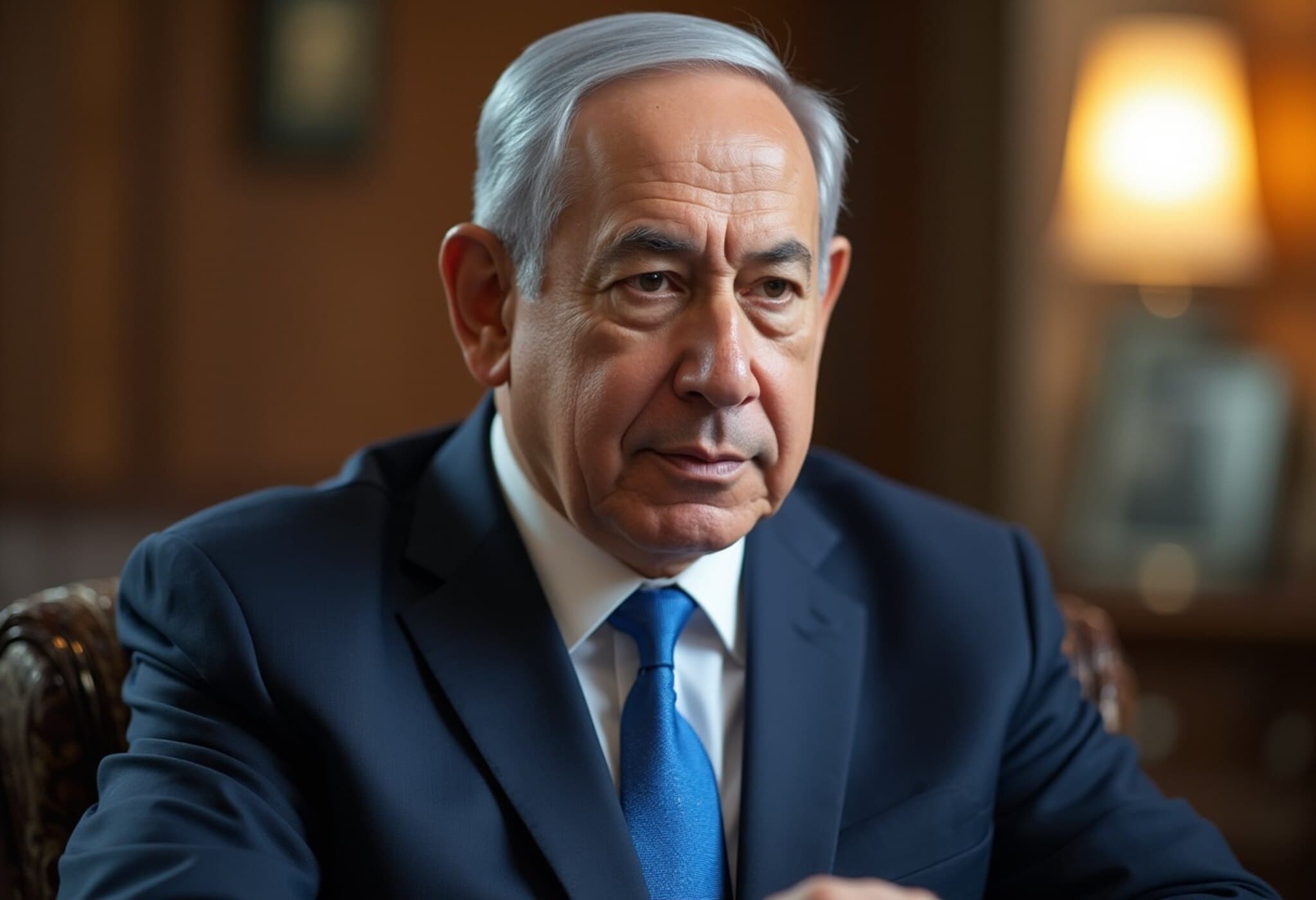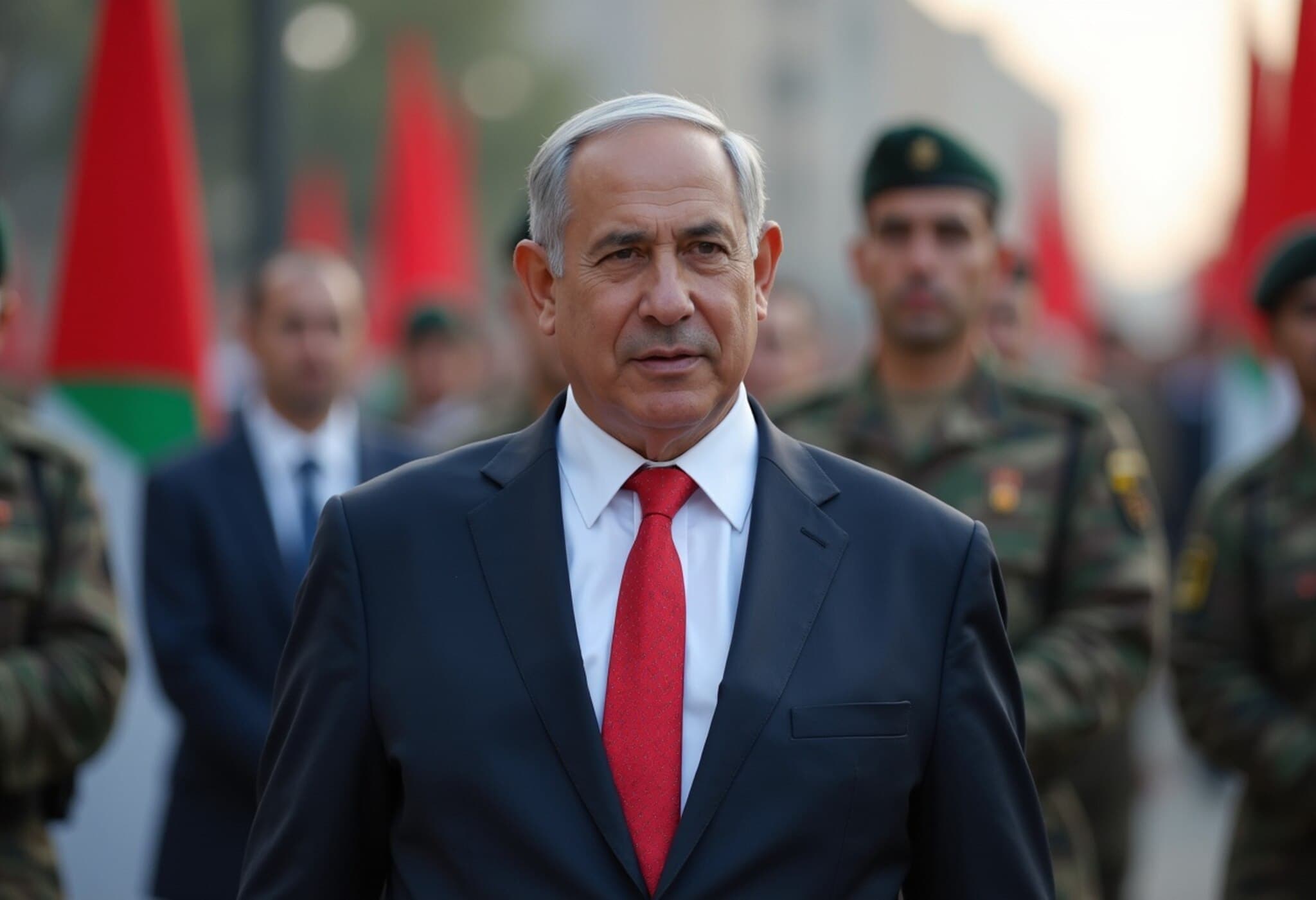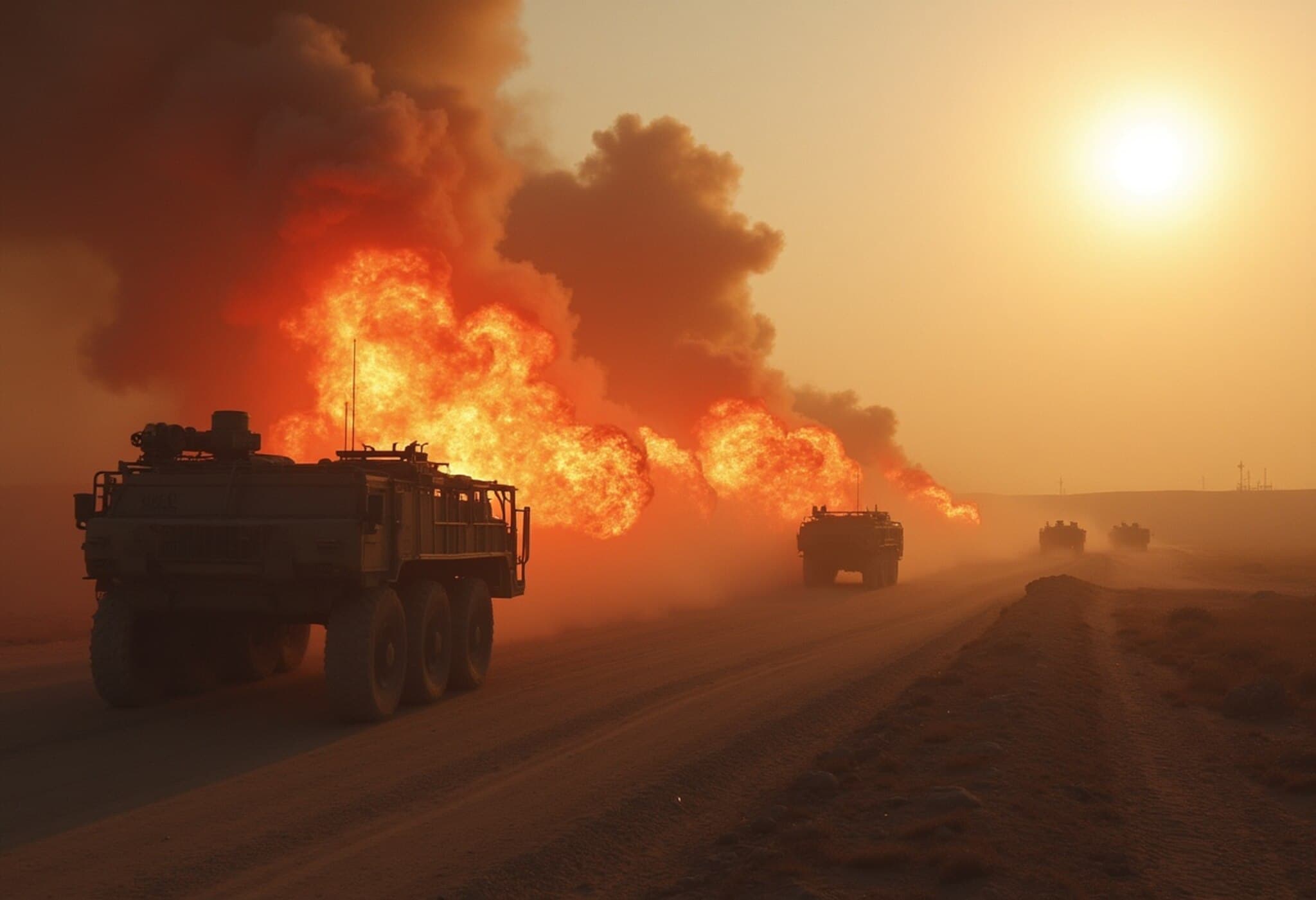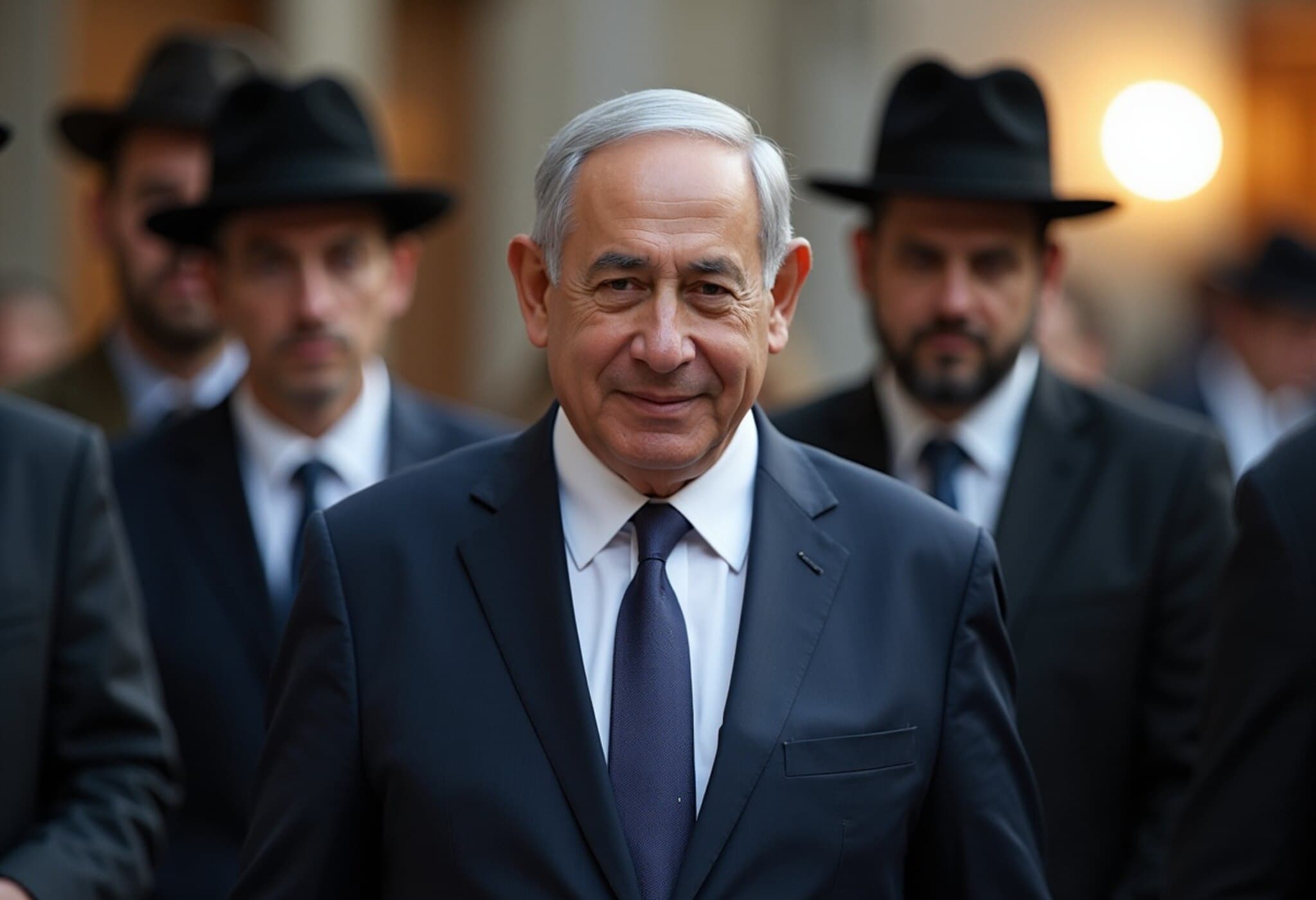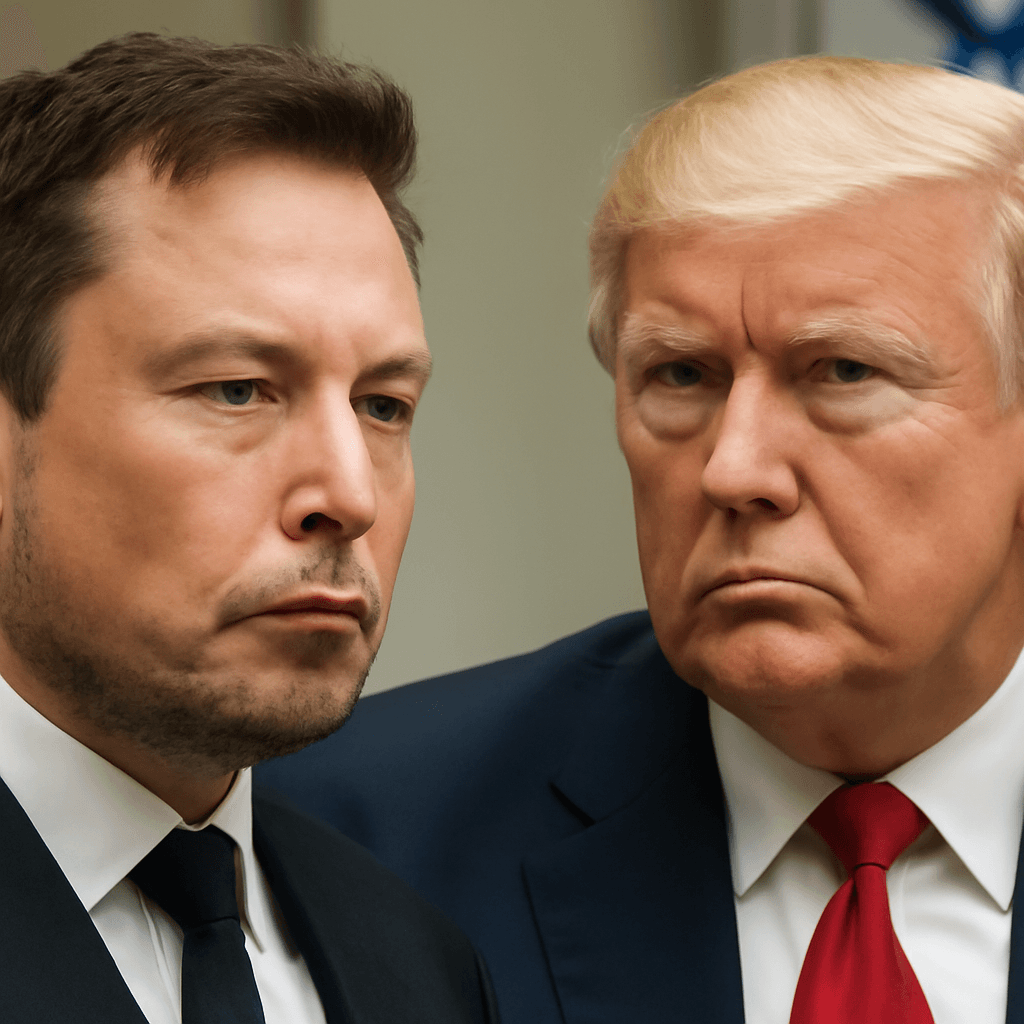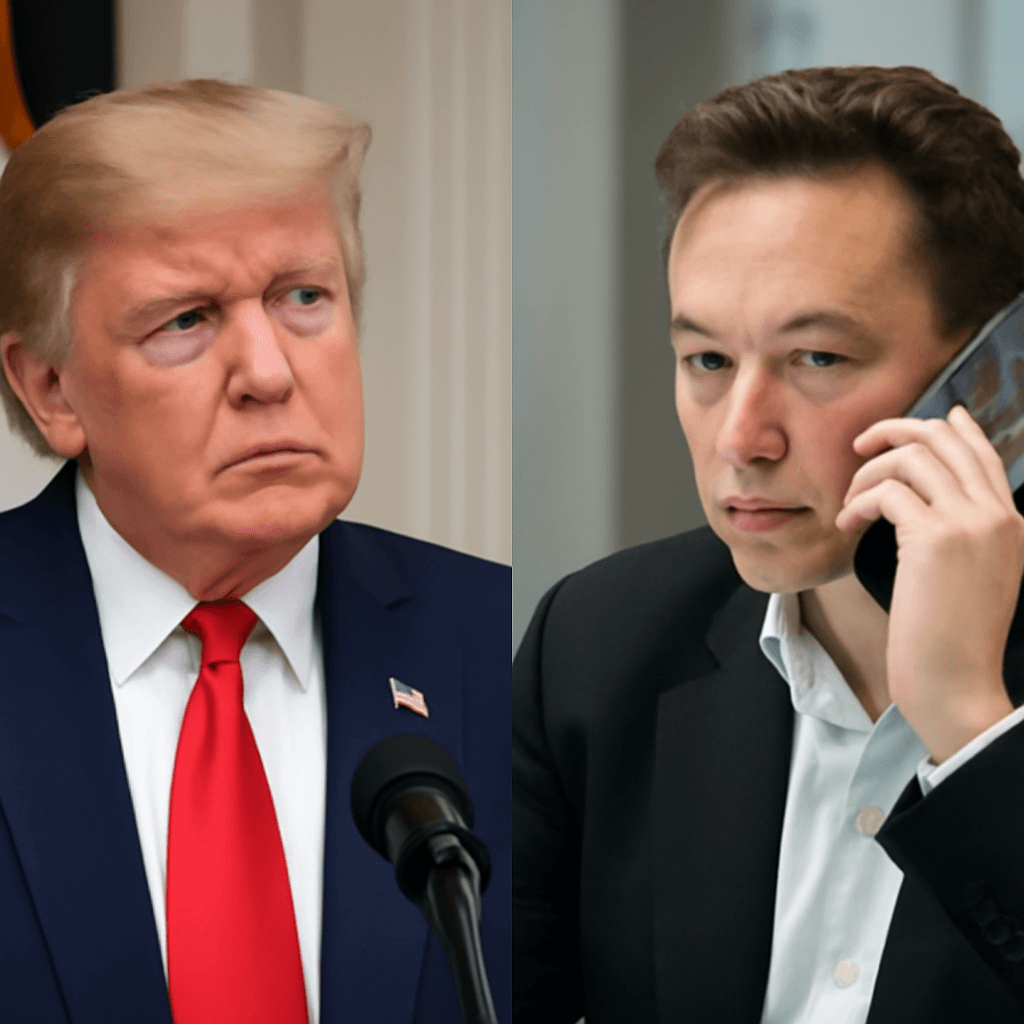Netanyahu Acknowledges Support for Anti-Hamas Armed Group
Israeli Prime Minister Benjamin Netanyahu has confirmed that Israel is supporting an armed faction in Gaza that opposes Hamas. This admission follows earlier claims by a former Israeli defense minister that the government, under Netanyahu's directive, had supplied weapons to the group.
Details on the Armed Group
The group is reportedly associated with a local Bedouin tribe led by Yasser Abu Shabab, operating in the Rafah region of Gaza. The European Council on Foreign Relations has characterized Abu Shabab's faction as a criminal organization accused of looting aid trucks.
Israeli politician Avigdor Liberman stated publicly that the government provided arms to this group, describing them as "criminals and felons." Netanyahu responded by emphasizing that assisting this faction protects Israeli soldiers and questioned what harm results from this support.
Background on Yasser Abu Shabab and the Group's Activities
Experts on Palestinian affairs explain that Abu Shabab leads a Bedouin tribe spanning the Gaza-Egypt border. Members of this tribe are known to be involved in various illicit activities including drug smuggling.
- Abu Shabab himself has been imprisoned in Gaza.
- Clan leaders have condemned him as an Israeli collaborator and gangster.
- Hamas has recently killed several of the group's members.
The Israeli intelligence and military have reportedly provided this militia with weapons, funds, and protection, treating them as proxies.
Hamas' Position and Regional Implications
Hamas, which governs Gaza, strongly denounces the group, labeling them traitorous and accusing them of collaborating with Israeli forces to loot aid convoys and exacerbate the humanitarian crisis.
The Popular Forces, as Abu Shabab's group calls itself, denies acting as proxies for Israel, claiming they rely on support from their community and possess only outdated weapons.
Observers express concern that Israel’s strategy of arming such a group may prove risky and could lead to unintended consequences within Gaza's complex power dynamics.
Summary of Key Points
- Israel supports a local Bedouin armed group in Gaza opposing Hamas.
- Yasser Abu Shabab leads the group, which is accused of criminal activities.
- Hamas views the group as collaborators and criminals undermining Gaza's stability.
- Netanyahu defends the support as beneficial for Israeli soldier safety.
- Experts warn of potential fallout from arming a criminally involved militia.

